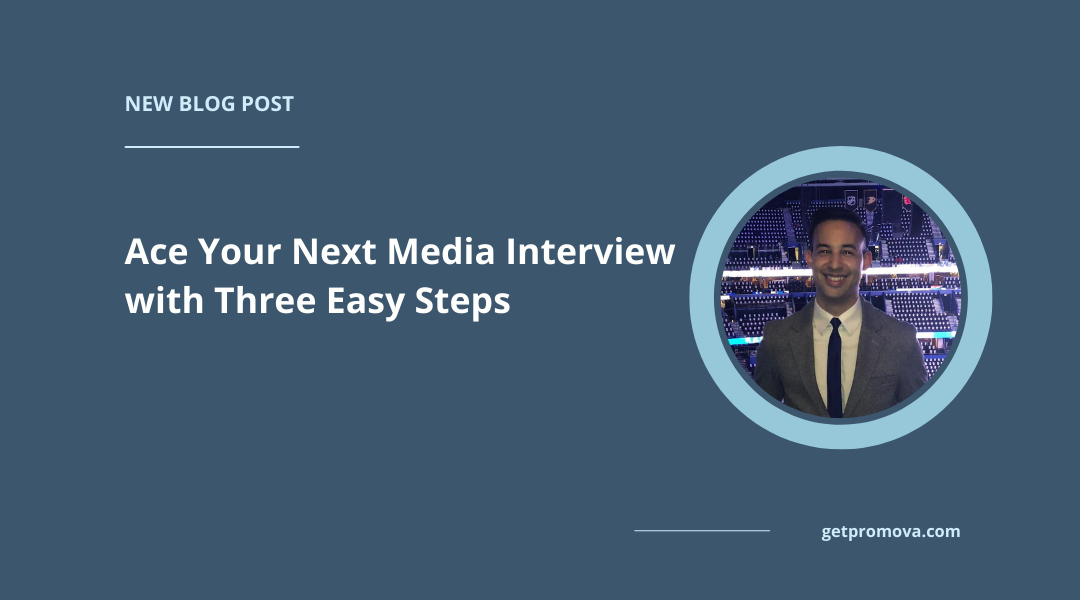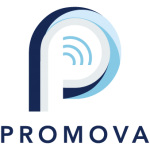
By Matt Esteves
We’ve all seen those interviews that flopped in the media. When sources are unprepared, it shows. Much like preparing for an upcoming trial, a big presentation, or a proposal to win work, it’s imperative that you set time aside and prep. Media coverage helps you provide valuable industry information. The media also helps shape your image, brand, and credibility, ensuring you are an expert at the forefront of your industry. Having a solid working relationship with the media and understanding media cycles is imperative in today’s fast-paced world. Media training is a great way to prepare yourself for an interview, quote, or feature article. Media training will help you bring value, enhance your public speaking and writing skills, improve your professional relationships with the media, and elevate your business with new clients.
Here are some of our go-to-points in media training:
Understand the Reporter/Media Outlet Background
Every media outlet has unique readers, and every reporter has varied focus areas. Before the interview, conduct a cursory look into the reporter or outlet you plan to talk to. Understanding their coverage, biases, temperament, and goals will help create a baseline for your upcoming interview. This background will also help you feel more comfortable.
Prepare, Prepare, Prepare
The reporter will do their homework, and so should you. Make sure you are well versed in the current trends and hot topics of your industry, especially if your media opportunity concerns one of those topics. Think about the reporter’s audience – what would be helpful for them? Having answers already in your head can go a long way to making an interview go smoothly.
Be Professional and Avoid Technical Jargon
Turn off your phone during an interview. Stay away from promotional comments. Provide concise, clear, and memorable information to ensure your message is clear. Avoid phrases like “I think,” as this weakens the impact of your message. Most interviews will be relatively casual, but remain composed and think about your talking points throughout the interview. Avoid jargon—use examples or metaphors to help people visualize what you are talking about.
These are some starting points for establishing a foundation when working with the media. There is more to dive into as you become more comfortable with the media, and a robust media training program will help you and your team ace your next interview.
Matthew S. Esteves is a PR and Content Specialist at Promova, an international communication, PR, and branding agency.
